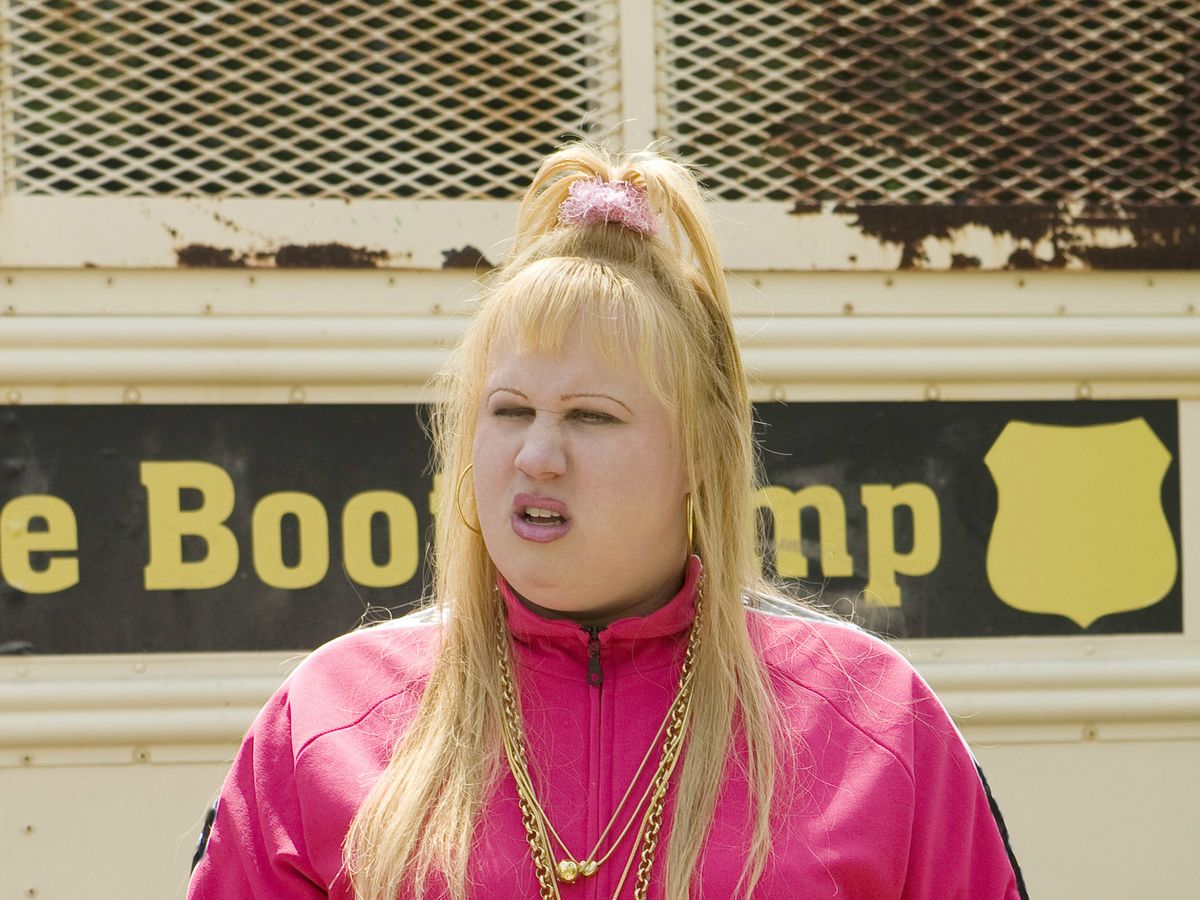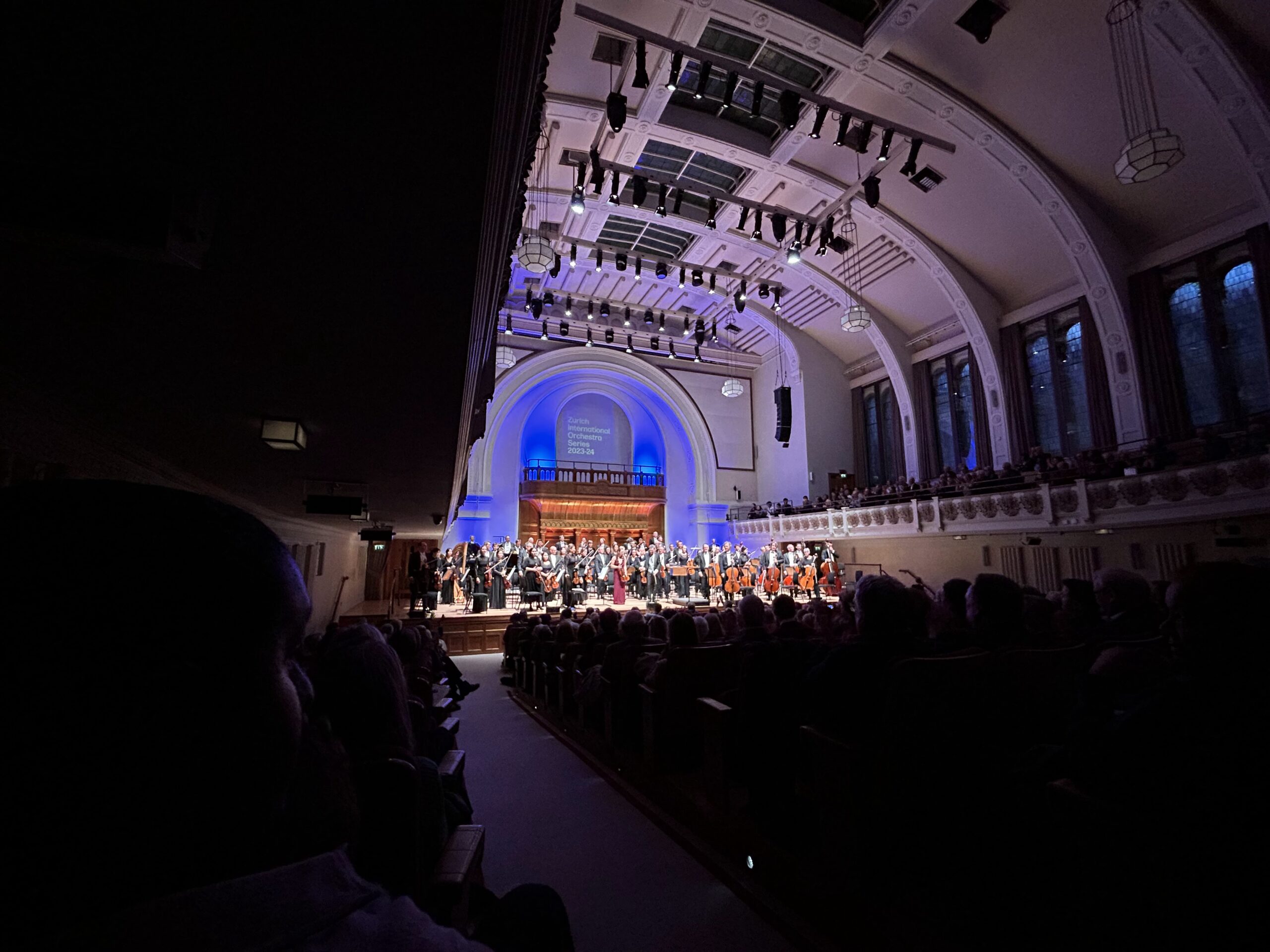A rip-roaring fusion of musical styles documenting the travels of violinist Nicola Benedetti
Decca’s new release is a glorious recording of Marsalis’ captivating violin concerto, premiered in 2015, paired with his Fiddle Suite. The Fiddle Suite is good. Intense and intimate, hits the spot.
The focus on my attention has, since the first time I heard this recording, been on the concerto. Marsalis’ writing is efficient. Captivating drama abounds in a work brimming with tantalising textures and colours that evoke far-away lands.
The opening Rhapsody sees Marsalis combine a hint of English post-war pastoral style with Gershwin and a whiff of Copland, before easing the orchestra into a Bernstein homage replete with spidery solo line from the violin. A seemingly never-ending series of beautiful vignettes follows in a short space of time. Listening to this there are moments when I feel like I’m watching an MGM on a rainy Sunday afternoon. An cacophonous urban soundscape follows before we’re returned to something altogether more serene. A blissful harmonic indulgence nearly concludes the movement save for a whimsical jig squeezed into the final bars.
The second movement aptly-named Rondo Burlesque commands attention from the off with material which passes quickly through what feels like a subject, development and recapitulation all in the space of a few minutes. The candenza that follows – a dialogue between solo line and rhythm percussion is a gripping demonstration of Benedetti’s artistic commitment, and the ease at which she switches from one musical style to another. A tour de force performance of a gripping score. I’m sure I hear some rock reference in there somewhere towards the end.
Blues is a steaming theatrical number complete with vocal performances from the band and trombone imitations that concludes in what Marsalis describes as abject loneliness, but I prefer to look on as an introverts paradise.
And the last movement. A tub-thumping hootenanny that casts a shadow (albeit respectfully) on Copland’s Rodeo.
It amazes me the BBC Proms hasn’t snapped up this work yet. It must surely make an appearance in the next few years.
The concerto isn’t only a compositional triumph for Marsalis or another solid performance in the Bennedetti canon, but also something of a marketing win for Decca. In their 90th anniversary year I’ve struggled with the Decca narrative. They’re keen to celebrate their eclecticism, and seemingly desperate to emphasise their youth credentials. Some of the messaging around promoting Jess Gillam and Sheku Kanneh Mason has seemed a little obvious, for example; the content itself deliberately curated for mass appeal.
But this release feels like more of what I’d expect from the Decca brand: an exciting collaboration between two exciting creatives, aligning the work of a present-day jazz legend who knows how to create appealing new material with our most prized present-day UK classical musicians.
Nicola Benedetti’s recording of Wynton Marsalis Violin Concerto in D with the Philadelphia Orchestra conducted by Cristian Măcelaru is released on Decca on 12 July.



